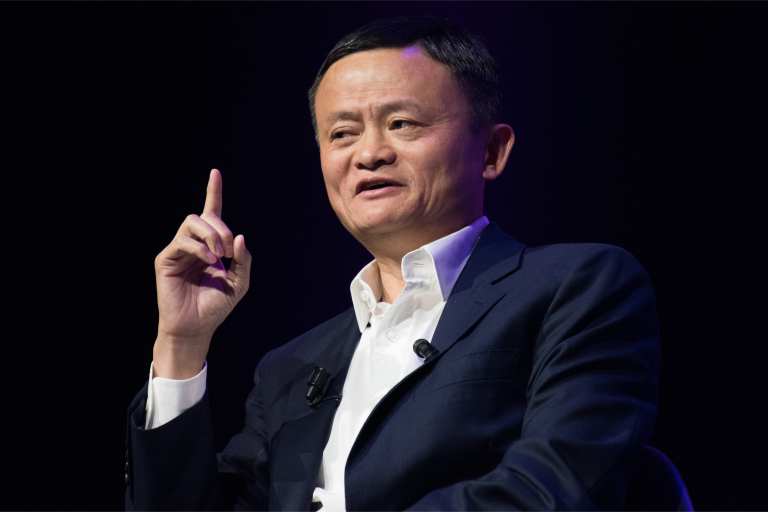Jack Ma’s Alibaba Legacy Of Commerce, Payments — And Even Healthcare

Some people build from the background, by design or default, working on seemingly small and mundane things that nevertheless have a great impact on the lives of millions upon millions of people. Think, perhaps, of all those World War II and post-war era mathematicians, physicists and computer scientists who created, via one relatively obscure innovation or another, the digital infrastructure of today’s internet, the basis for today’s payments and commerce industries.
Jack Ma, on the other hand, built from the front, at least in recent years.
The Alibaba Group chairman traveled the world and spoke with the power of an oracle — one of those tech oracles who started to rise to prominence a few hundred years ago, with the rise of what we would call modern science. He came from a nation of some 1.4 billion people but was better known there than all but a handful others — and perhaps even better respected. Through most of the world, his name is all but synonymous with eCommerce and mobile payments — with the ecosystem constructed under the Alibaba umbrella.
Now he is stepping down. But no matter what comes next for him the history books will give him his due for the 20 years he led Alibaba, and how he built it into an increasingly global payments and commerce powerhouse ecosystem.
Chinese Growth
Ma played a huge role in the ongoing maturation of the Chinese eCommerce sector, an effort that is not only paying dividends for that massive country but inspiring similar moves in other parts of Asia and beyond. Indeed, as Ma steps aside, one of the company’s major challenges will be finding new areas of growth as China’s eCommerce sector matures, analysts said. “If Alibaba wants to find new innovations or trends, this is going to be more difficult than before,” Liu Yiming, an analyst at the research division of 36kr, a Chinese tech publishing group, told Reuters. “For Daniel Zhang, this will be a big challenge.”
Increasingly — and as is the case in other part of that world — that future looks certain to involve more cross-border eCommerce, along with the payment innovations and methods that power such trade. In fact, Ma’s company just announced a deal to buy NetEase’s cross-border retail platform Kaola for $2 billion. The deal comes amid a general push in China to promote more cross-border eCommerce. Under the acquisition, Kaola will merge with Alibaba’s Tmall Global while still operating independently to create a massive cross-border eCommerce business.
Alibaba’s most recent financials help paint a picture of what Ma built as the world watched not only the growth of China’s middle class (to say nothing of its new generation of luxury consumers), but the mobile payment and commerce technologies designed to better serve and reflect their consumer desires. Alibaba said that at the end of the June quarter, the firm had 755 million mobile monthly active users (MAUs), which was up from 721 million a year ago. Annual active buyers across Alibaba’s retail operations were 674 million overall, as compared to the 654 million seen last year and an increase of 34 million over March of 2019.
Global Payments
And one cannot ignore Alibaba’s deepening and increasingly global plays in the payments space. Take Europe, where Alipay keeps striving for more market share, looking to support the millions of Chinese and Southeast Asian tourists who travel there annually for business and pleasure. Recent moves in that region of the world represent a smaller sliver of the mobile payments brand’s larger vision to build a global payments network for its hundreds of millions of (mostly mainland China-based) active consumers.
“We’re talking about tens of thousands of merchants who are really excited about the opportunity that Alipay provides them to tap into those wealthy and middle class consumers who are traveling to see the world and want to buy great brands from Europe,” Alipay’s European head Roland Palmer said this past summer.
Take healthcare, too — a big opportunity for all types of digital and commerce players from around the world. Ant Financial Services Group, the payment affiliate of Alibaba, has launched a health aid plan in China that has landed more than 50 million users. The plan is marketed on Alipay, its mobile payment app. It is extremely popular among China’s poor citizens who can’t afford medical services in the government’s healthcare system and aren’t served by traditional commercial insurers because they can’t afford the premiums and advanced payments required.
Ma is certainly not the only person who helped build the still developing but fast-growing global digital economy. But he is certain to be remembered as among the most important.